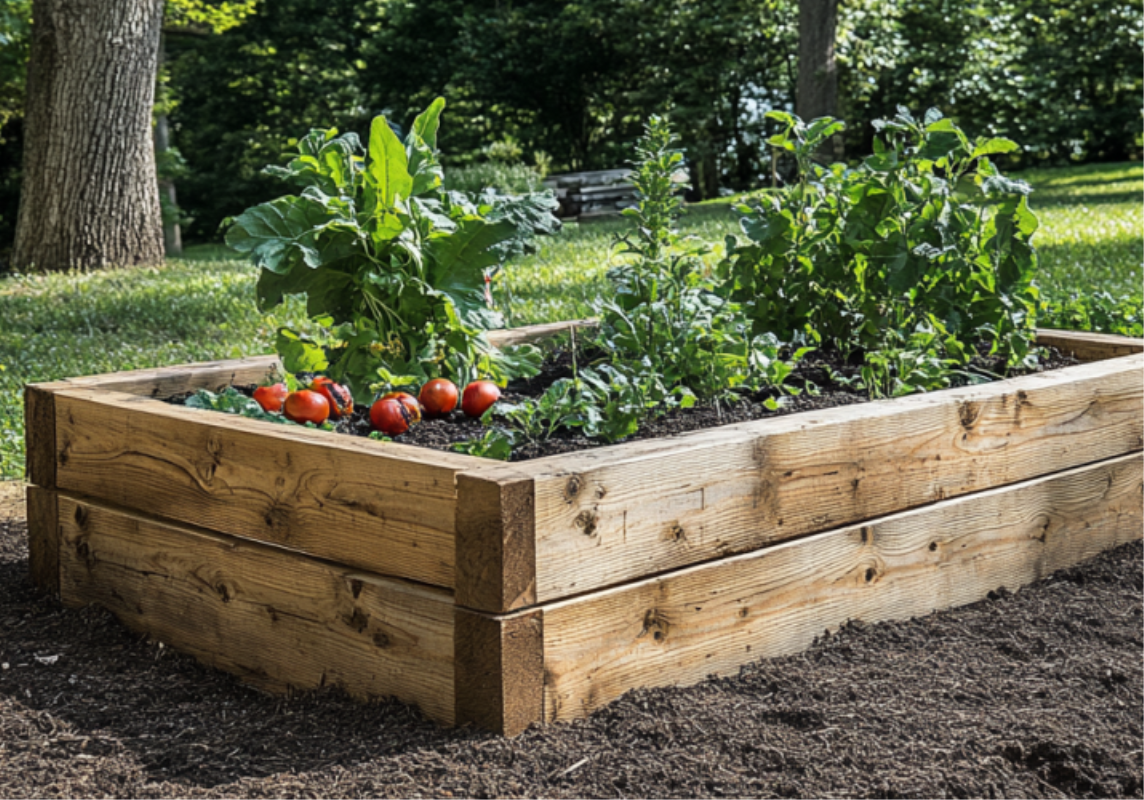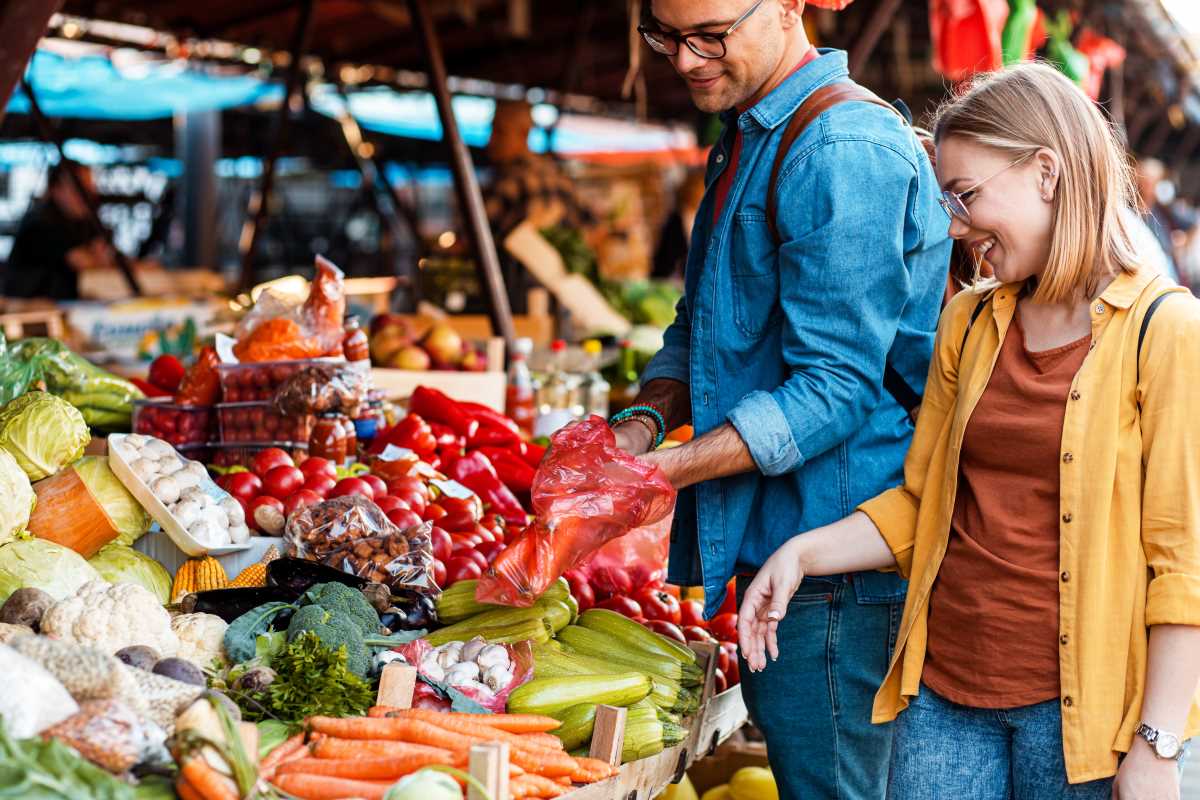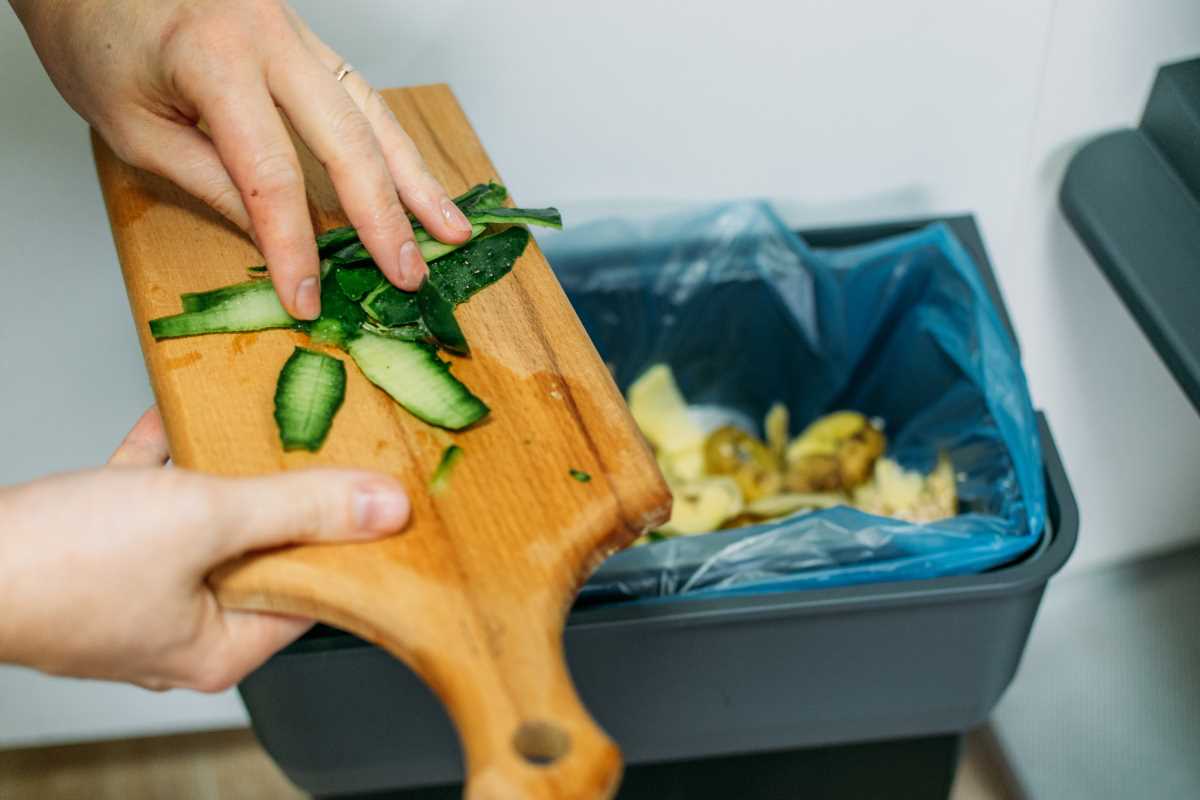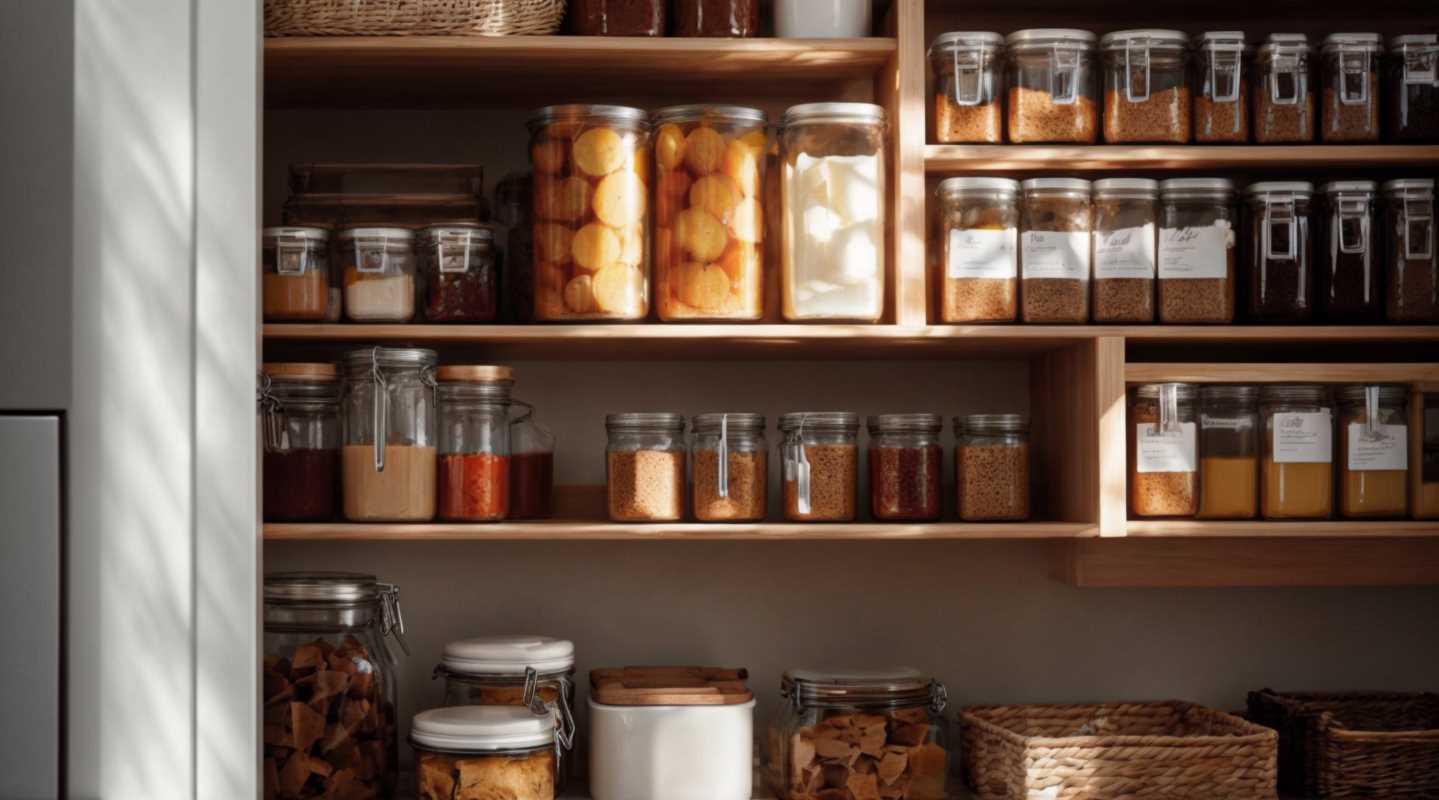City residents can rediscover the joys of nature through urban gardening, transforming their balconies, rooftops, or local community spaces into lush, green havens. This practice not only fills their homes with fresh, home-grown produce but also fosters a deeper connection with the environment. By growing edible plants in bustling urban areas, environmentally mindful individuals contribute positively to the planet. These vibrant gardens offer more than just nutritious food; they also create serene green spaces that enhance quality of life. Embracing urban gardening leads to a healthier and more sustainable lifestyle, enriching both the personal well-being of individuals and the broader urban environment.
Benefits of Growing Edible Plants in Urban Areas
- Environmental Impact: Reduces carbon footprint by minimizing the distance food travels from farm to table.
- Air Quality Improvement: Plants filter pollutants, enhancing the overall air quality in urban areas.
- Personal Health: Access to fresh, organic produce encourages healthier eating habits and improves nutrition.
- Community Building: Shared gardens create social connections and strengthen neighborhood ties.
- Urban Heat Reduction: Green spaces help mitigate the urban heat island effect, making cities cooler and more comfortable.
Choosing the Right Edible Plants
- Tomatoes: A staple in many urban gardens, tomatoes grow well in containers and require ample sunlight.
- Lettuce: Fast-growing and versatile, lettuce works perfectly for small spaces and can be harvested multiple times.
- Herbs: Basil, mint, and rosemary grow easily and add flavor to various dishes.
- Chili Peppers: These plants are compact and can add a spicy kick to your garden's offerings.
- Radishes: Quick to mature, radishes suit gardeners looking for fast results.
Setting Up Your Urban Garden
Starting an urban garden doesn't have to be complicated. Assess the available space, whether it's a balcony, rooftop, or a small backyard. Choose containers that suit your area and ensure they have proper drainage to prevent waterlogging. Next, select high-quality soil tailored for container gardening, which offers the necessary nutrients for your plants. Position your garden in a spot that receives at least six hours of sunlight daily, as most edible plants require ample light to grow well.
Regular maintenance is key to a flourishing urban garden. Water your plants consistently, but be mindful not to overwater them. Incorporate organic fertilizers to promote healthy growth and prevent nutrient depletion. Pruning and harvesting at the right times encourage your plants to produce more and stay healthy throughout the growing season. Monitor your garden for pests and diseases, addressing any issues promptly to maintain a vibrant and productive space.
Integrating Sustainability Practices
Using sustainable gardening techniques enhances the eco-friendliness of your urban garden. Composting kitchen scraps and garden waste reduces landfill contributions and creates rich fertilizer for your plants. Utilizing rain barrels to collect rainwater minimizes water waste and lowers your reliance on municipal water sources. Implementing drip irrigation systems ensures efficient water usage by delivering precise amounts directly to your plants' roots.
Choose native and drought-resistant plant varieties to reduce the need for excessive watering and support local biodiversity. Avoid chemical pesticides and opt for natural pest control methods, such as introducing beneficial insects like ladybugs or using neem oil. By integrating these sustainable practices, your urban garden becomes a model of eco-conscious living that aligns with the values of environmentally aware individuals.
Engaging the Community
Urban gardens can serve as vibrant hubs for community engagement, bringing neighbors together around a shared passion for sustainable living. Organize gardening workshops, seed swaps, or harvest festivals to create a sense of camaraderie and collective responsibility. Collaborative efforts lead to a more diverse and resilient garden, as different members bring unique skills and knowledge to the table. These shared experiences strengthen community bonds and promote environmental awareness and stewardship.
Connecting with like-minded individuals through urban gardens can inspire others to adopt eco-friendly practices and contribute to a greener, healthier cityscape. Together, communities can create green spaces that benefit both people and the environment, making urban living more sustainable and enjoyable for everyone.
Creating an urban garden with edible plants fosters sustainability, enhances your nature connection, and benefits your health, community, and the planet. Start your garden today.
 (Image source: Midjourney)
(Image source: Midjourney) 





